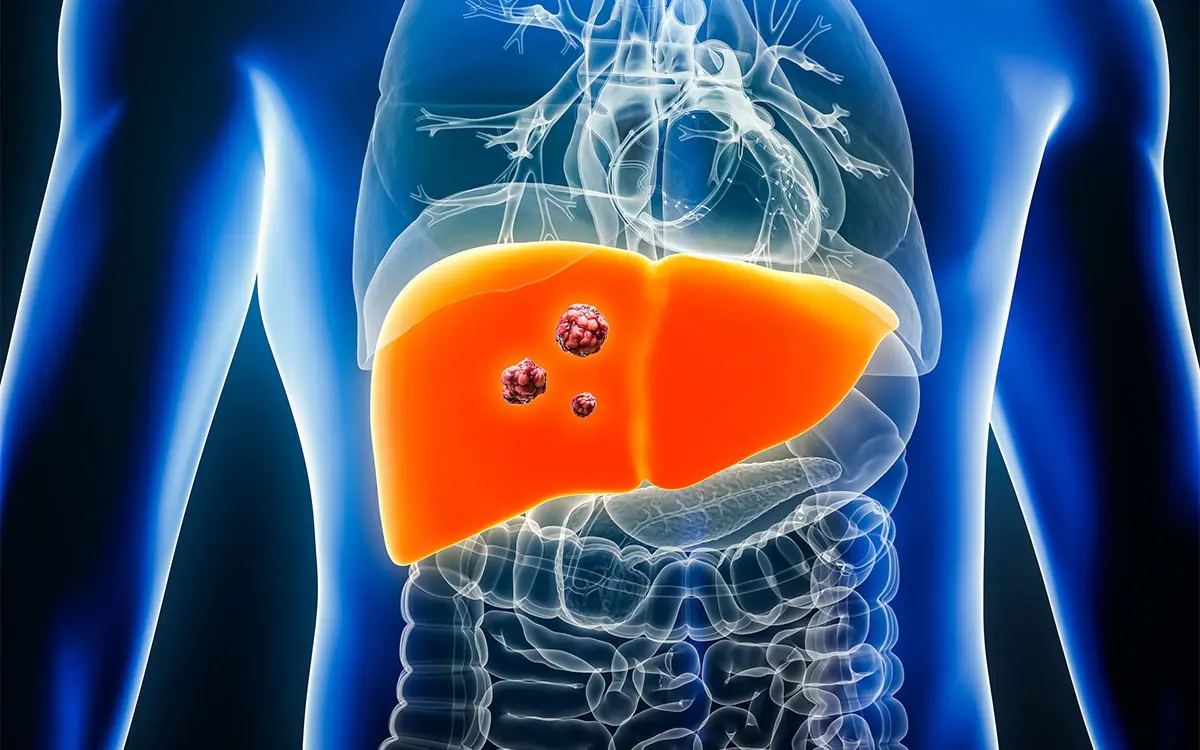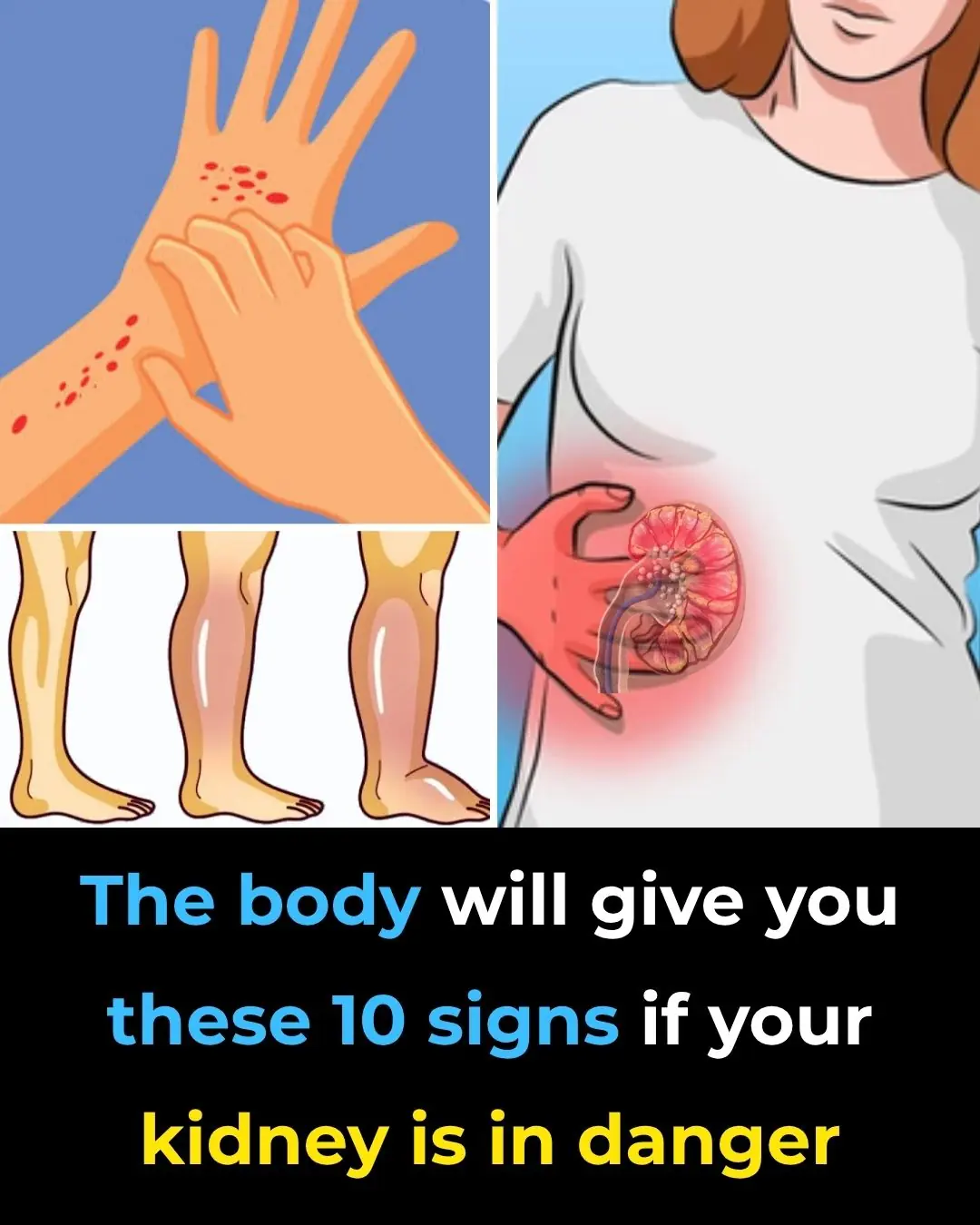
14 Warning Signs of Low Magnesium Levels and What to Do About It (Science Based)
The warning signs of low magnesium levels in your body can be difficult to spot. A magnesium deficiency can show signs like muscle cramps, fatigue, nausea, tingling in your hand, and constipation. Many of these signs can also be indicative of other health conditions and are easy to mistake for something else. However, signs of low levels of magnesium should never be ignored.
Because low magnesium levels in people are easy to ignore, this has been called an “invisible deficiency.” Having low levels of magnesium over a long period of time can also lead to various complications. For example, osteoporosis, heart disease, high blood pressure and kidney stones have all been linked to a chronic magnesium deficiency.
So, if a lack of magnesium is so serious, why is it difficult to spot? Low magnesium side effects are often attributed to other causes. Also, lifestyle choices can sometimes affect how much magnesium is absorbed into the body. For example, chronic diarrhea, drinking too much alcohol, or certain medications can lower magnesium levels.
In this article, I will look at the 14 warning signs of low magnesium levels that are easy to ignore. You will also find answers to your questions like: what causes low magnesium in the body? How should you treat low magnesium? And what are the best ways to increase low magnesium levels?
What Does Magnesium Do in Your Body?
Magnesium is an essential mineral in your body that helps to keep your body functioning properly. Dr. Carol DerSarkissian on WebMD states that magnesium is important for healthy bones, muscles, nerves, and heart function. Magnesium also plays a role in your body to regulate blood pressure and blood sugar, therefore, helping to give you energy.
The National Institute of Health says that magnesium is an important mineral because it is involved in over 300 biochemical reactions in the body. Magnesium is also needed for healthy DNA and also has antioxidant properties that keep you healthy. Around half of your body’s levels of magnesium are in the bones with the rest in soft tissues and a little amount in the blood.
Low levels of magnesium are called hypomagnesemia. This is when there is too little magnesium in your blood which is a sign of low magnesium levels in your body.
Magnesium, Vitamin D & Calcium – The Connection
Magnesium is also closely connected with calcium and vitamin D. A lack of magnesium can affect how vitamin D is absorbed in the body and it helps to prevent too much calcium building up in the bones.
According to the National Institutes of Health, magnesium affects the concentration of vitamin D which is essential for healthy bones.2 Doctors from the NHS also say that vitamin D helps the body to regulate the amount of calcium and phosphate. These minerals are also necessary for healthy bones, teeth, and muscle function.
However, magnesium also has a direct influence on the body’s calcium levels. The journal American Family Physician reports that proper levels of magnesium in the body affect calcium and potassium. If your body lacks magnesium, levels of calcium can increase to dangerous levels because magnesium helps the body flush out excess calcium.
The journal BMJ Open reported that when magnesium and calcium levels are imbalanced, the result in the body is an increase in inflammation and many other common chronic diseases.
How to Test Your Magnesium Levels
The most common way to find out your magnesium level is by a blood test. However some health practitioners believe that this is not the best way to check your magnesium level as much of the magnesium is stored in the bones and cells in your body and not in the blood. Talk to your doctor about your results and other available tests if needed.
Low Magnesium Levels: 14 Symptoms of Magnesium Deficiency
How can you tell if your magnesium levels are low? If you live in a Western country, then chances are that you have a lack of magnesium. Dr. Mary Guerrera from the University of Connecticut School of Medicine says that around 75% of Americans show signs of low magnesium levels.
Here are the 14 common signs of having a magnesium deficiency that are easy to ignore.
1. Muscle cramps and spasms due to low magnesium
A lack of magnesium in your body can cause you to have muscle cramps, spasms, muscle tics and twitches.
Doctors from the Mayo Clinic say that various types of muscle cramps can be caused by having too little magnesium, calcium, or potassium. Cramping in your legs is a common symptom of a mineral deficiency such as a lack of magnesium.
Keeping yourself well hydrated and stretching your muscles are some ways to prevent muscle pain and cramping.
2. Numbness and tingling
If you frequently suffer from numbness and tingling in your arms or legs, it could be a sign of not having enough magnesium.
Doctors from the American Academy of Family Physicians report that people with low levels of magnesium often experience tingling and numbness.
Of course, tingling down one leg could also be a sign that you have a trapped sciatic nerve. Or, tingling in just one arm could also be an indication of poor blood circulation or a trapped spinal nerve.
3. Loss of appetite
One sign of low magnesium is if you often don’t feel like eating or you don’t have an appetite.
A study published in the journal Nutrients found that a loss of appetite is often an early sign of a magnesium deficiency. Not eating a healthy, well-balanced diet where you don’t get enough vitamins and minerals could then make levels of magnesium drop even lower.
This can also result in fatigue, which is another common sign of low levels of magnesium.
4. Fatigue & weakness
If you constantly feel tired, have no energy, or feel physically weak, boosting your levels of magnesium could help.
The Clinical Kidney Journal reported that fatigue and chronic tiredness are among the early signs that your magnesium levels are low. Other studies have also found that people suffering from chronic fatigue syndrome (CFS) often have a chronic magnesium deficiency.
Of course, there are other nutritional deficiencies that can make you feel tired all the time. If you have problems with constant tiredness, you could try these 8 secrets to boost your energy or these 10 foods. Also, this supplement can help people who suffer from CFS.
5. Nausea and vomiting
A sign of low levels of magnesium that is easy to ignore is nausea and vomiting.
There are, of course, many reasons for feeling nauseous like having food poisoning, a stomach bug, or being pregnant. However, researchers from the University of Maryland report that a persistent feeling of nausea and vomiting is a common magnesium deficiency symptom.
If you suffer from bouts of vomiting, you can try consuming ginger as a natural remedy for throwing up. Ginger can help to calm your stomach and also improve your appetite.
6. Arrhythmia (abnormal heart rhythm)
One thing that magnesium does in your body is help regulate your heart rhythm. Low magnesium in your blood could cause arrhythmia.
According to the journal Hippokratia, hypomagnesemia can affect the cardiovascular system. Researchers have found that boosting levels of magnesium in the body helps to reduce incidences of arrhythmias. Addressing low levels of magnesium if you have arrhythmia also improves your chances of surviving a myocardial infarction (heart attack).
If you have an irregular heartbeat, you should speak to your doctor about getting levels of magnesium tested.
7. Personality changes
Another consequence of having low levels of magnesium in your body is that it can affect your mood and personality.
A study from Japan found that among individuals who had a lack of magnesium, personality changes and depression were the most common signs. Researchers suggested that some people with depression may be suffering from a magnesium deficiency, not a psychiatric condition.
In many cases, it’s important to get professional advice if you suffer from depression. There are some natural treatments for depression that may help to alleviate your symptoms. Also, you can try these quick and natural ways to boost your mood.
8. Anxiety
A magnesium deficiency can have a major impact on your feelings of anxiety and stress in your day-to-day life.
According to a scientific study published in the journal Nutrients, there are some reasons why a lack of magnesium can increase anxiety levels. For example, magnesium affects glutamate which is an important neurotransmitter that regulates responses to fear, panic, and anxiety. Also, magnesium regulates the adrenal glands which affect your stress response.
You can help to reduce your feelings of anxiety naturally by increasing your magnesium intake. I have also written about some effective essential oils for getting rid of stress and anxiety.
9. Sleeping problems
Not having enough magnesium in your diet can cause sleep problems and insomnia.
Many people suffer from sleep problems like not falling asleep quickly, awakening too early, or feeling tired when they wake. A study published in the Journal of Research in Medical Sciences found that magnesium supplementation helped to improve individuals’ sleep patterns. Getting more magnesium in the diet allowed people to sleep better and wake up feeling more refreshed.
If you have disrupted sleep patterns, then it could be a sign of a magnesium deficiency that you shouldn’t ignore. There are many dangers of sleep deprivation and it’s important to take steps to get a better night’s sleep.
10. Constipation and low magnesium
Constipation is a sign that you could be suffering from a lack of magnesium which makes it harder to pass stools.
According to research published in the European Journal of Clinical Nutrition, increasing levels of magnesium can help relieve constipation. The study found that low levels of magnesium have a direct effect on the incidences of constipation. In fact, the research found that magnesium is just as important as fiber to keep your stools soft and your bowel movements regular.15
Other ways to relieve constipation naturally include drinking plenty of water and eating fiber. You can also try the tried and tested method of using castor oil as a natural laxative. These are just some of the ways you can help beat digestive problems without medication.
11. Cravings for chocolate
Having low levels of magnesium could cause you to have chocolate cravings to satisfy your magnesium deficiency.
Interestingly, the Journal of the American Dietetic Association reported that chocolate can help to address a magnesium deficiency. Chocolate also boosts levels of dopamine and serotonin and can affect feelings of well-being.
The health benefits of chocolate are in dark chocolate, not the milk variety or white chocolate. Eating dark chocolate in moderation can help to improve your heart health, lower cholesterol, and lower high blood pressure naturally.
12. High blood pressure
One of the most well-researched areas about the signs of low levels of magnesium is the connection with high blood pressure. High blood pressure could be a sign that you lack enough magnesium in your diet.
Because magnesium has a relaxing effect on many functions of the body, it helps to relax your blood vessels. The journal Clinical Calcium stated that magnesium levels have a direct effect on a person’s blood pressure. Magnesium also affects potassium and calcium levels which also affect blood pressure.
Some other ways of lowering blood pressure naturally include enjoying a healthy diet, exercising regularly, and getting enough magnesium, calcium, and potassium.
13. Headaches and migraines
Having low levels of magnesium could mean that you suffer from frequent headaches or have more severe migraines.
According to research published in the journal The Clinical Biochemist Reviews, one of the signs of low magnesium levels are migraines and headaches.
A lack of magnesium is just one mineral and vitamin deficiency that is connected with headaches. One natural way to relieve headaches without painkillers is to use aromatherapy. Some of the best essential oils for headaches are peppermint, lavender, and chamomile.
14. Connection between PMS and a lack of magnesium
Women need sufficient amounts of magnesium to help reduce the severity of premenstrual syndrome (PMS) symptoms.
Not having enough magnesium can affect hormones and cause PMS. A study published in 2007 found that symptoms of PMS improved when women took magnesium supplements.
For helpful advice on how to deal with PMS symptoms naturally, please read my article on 12 helpful home remedies for PMS.
Common Causes of Magnesium Deficiency
What causes low magnesium in the body? Let’s look at why many of us lack enough magnesium in our bodies.
Modern farming techniques and food processing
One cause of a magnesium deficiency is due to modern farming techniques which deplete the soil of nutrients and the way that many of our foods are processed which reduces their mineral, vitamin, and fiber content.
The Crop Journal reported on studies that have shown that magnesium levels in cereal seeds have markedly declined in recent years. This was sighted as one of the reasons why two-thirds of people lack enough magnesium.
News in the same category


5 Unconventional Signs of Breast Cancer That You Must Know About

Low FT3 Levels Predict Risk for Nerve Damage in Diabetes

Doctors Urge: Don’t Ignore Unexplained Bruising — These Hidden Reasons Could Be the Cause

12 Urgent Warning Signs You’re Eating Too Much Sugar

5 Common Habits Silently Destroying Your Liver (Most People Do Them!)

The Ultimate Guide to Marinating Fish

The Pros and Cons of Sleeping with a Fan On

10 Symptoms of Kidney Disease

5 Potential Health Benefits of Macadamia Nuts

How to Exercise Safely When You Have Atrial Fibrillation

How to Get Rid of Dead Dry Skin on Feet

Foods to Eat if You Need to Poop – The Best Natural Laxatives

How to Make Onion Juice for Hair Growth & Strong Hair

3 Best Ways to Boil Sweet Potatoes for Maximum Flavor

Top 13 Inflammatory Foods You Should Avoid (Replace with These)

Why You Should Drink THIS Warm Turmeric Water In The Morning

The Six Signs Of A Potassium Deficiency – And How To Fix It
News Post

14 Warning Signs of Low Magnesium Levels and What to Do About It (Science Based)

5 Unconventional Signs of Breast Cancer That You Must Know About

Low FT3 Levels Predict Risk for Nerve Damage in Diabetes

Doctors Urge: Don’t Ignore Unexplained Bruising — These Hidden Reasons Could Be the Cause

12 Urgent Warning Signs You’re Eating Too Much Sugar

5 Common Habits Silently Destroying Your Liver (Most People Do Them!)

Where Do You Stand on the Sitting-Rising Test?

The Ultimate Guide to Marinating Fish

The Pros and Cons of Sleeping with a Fan On

One Button, Big Savings: Cut Energy Costs with Every Wash

10 Symptoms of Kidney Disease

10 Types of Toxic Friends to Avoid

Index Finger Length: Personality and Fortune

5 Potential Health Benefits of Macadamia Nuts

How to Exercise Safely When You Have Atrial Fibrillation

How to Get Rid of Dead Dry Skin on Feet

Foods to Eat if You Need to Poop – The Best Natural Laxatives

How to Make Onion Juice for Hair Growth & Strong Hair

3 Best Ways to Boil Sweet Potatoes for Maximum Flavor
